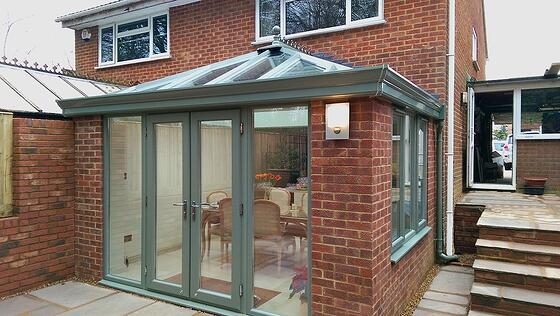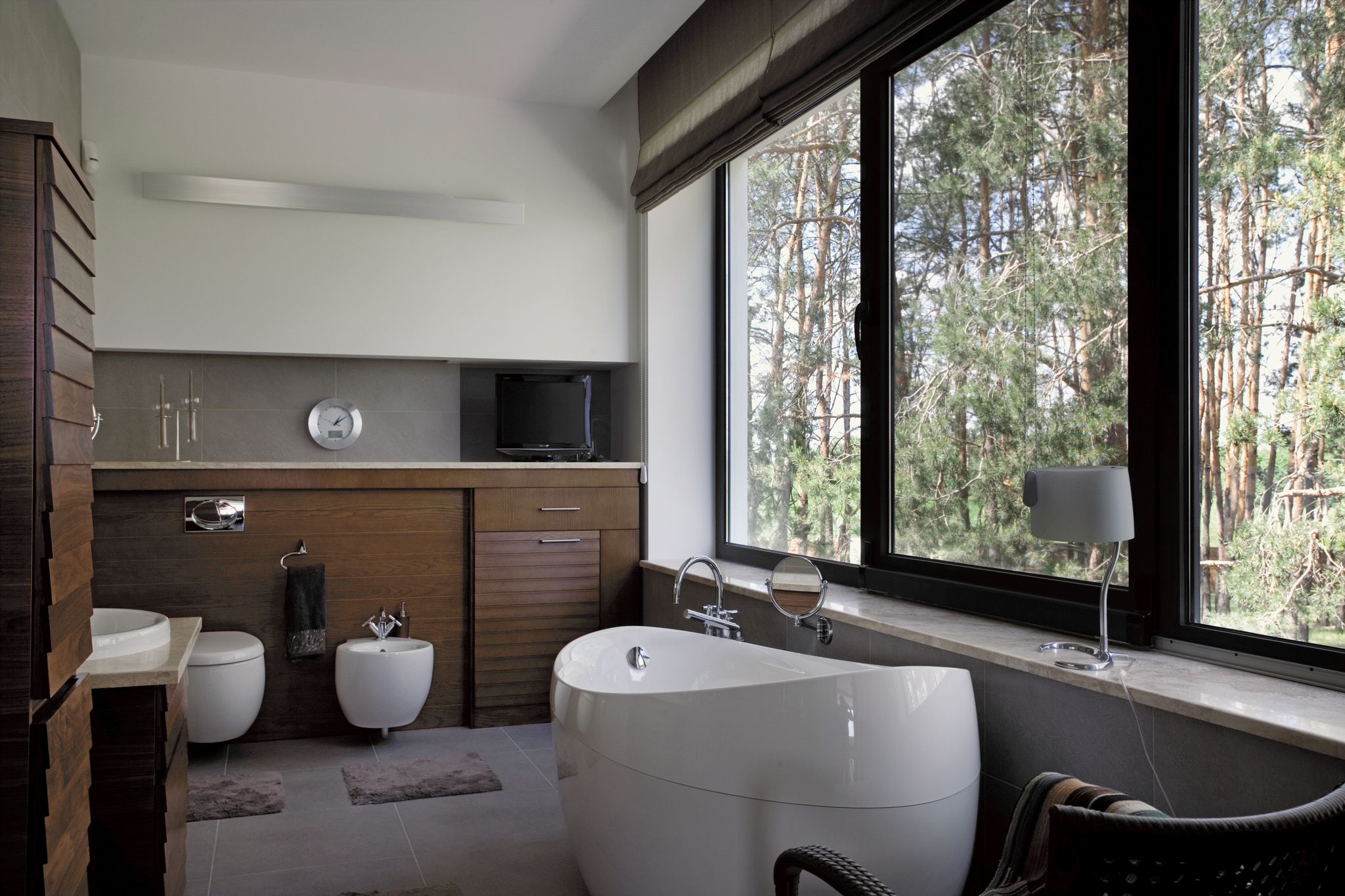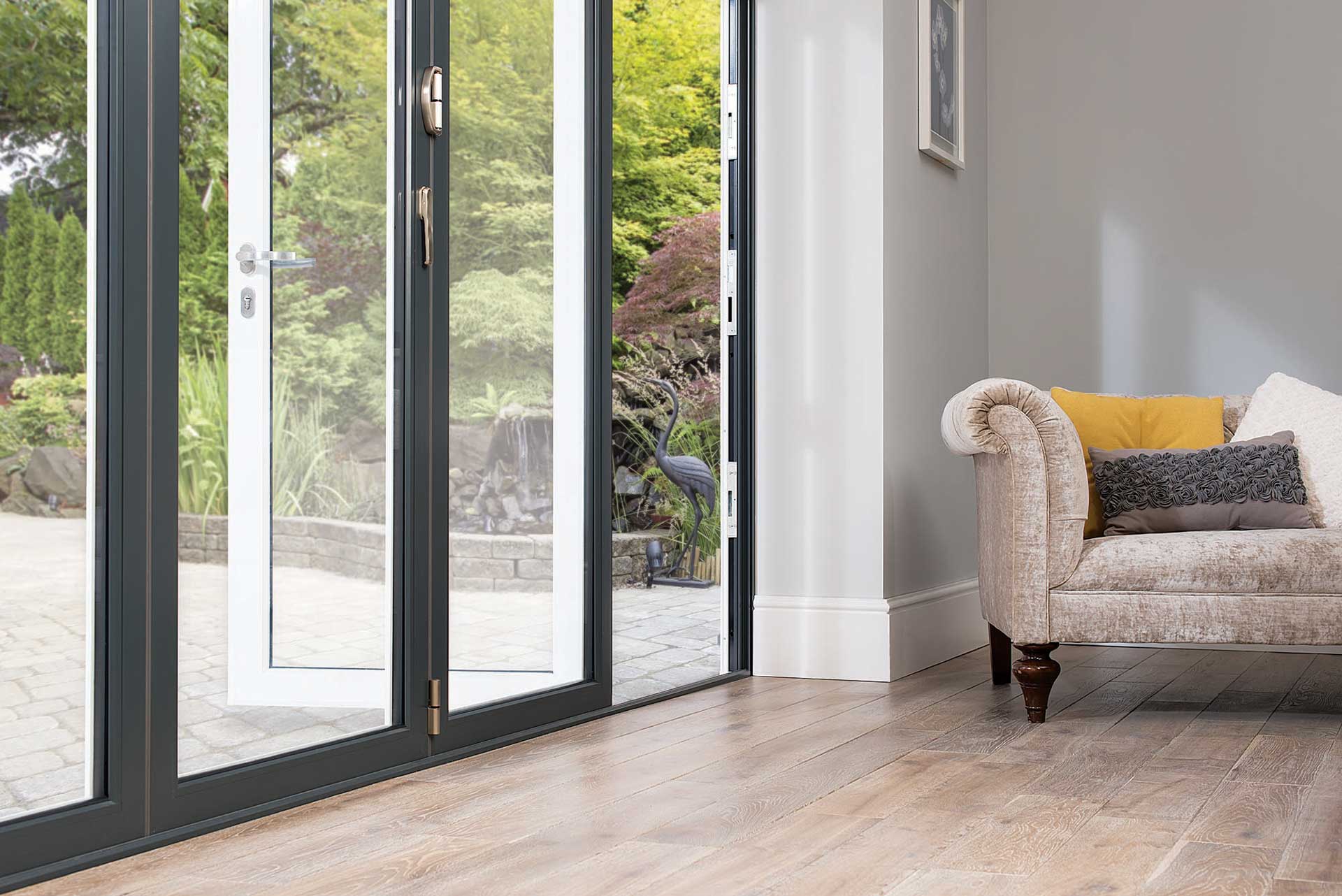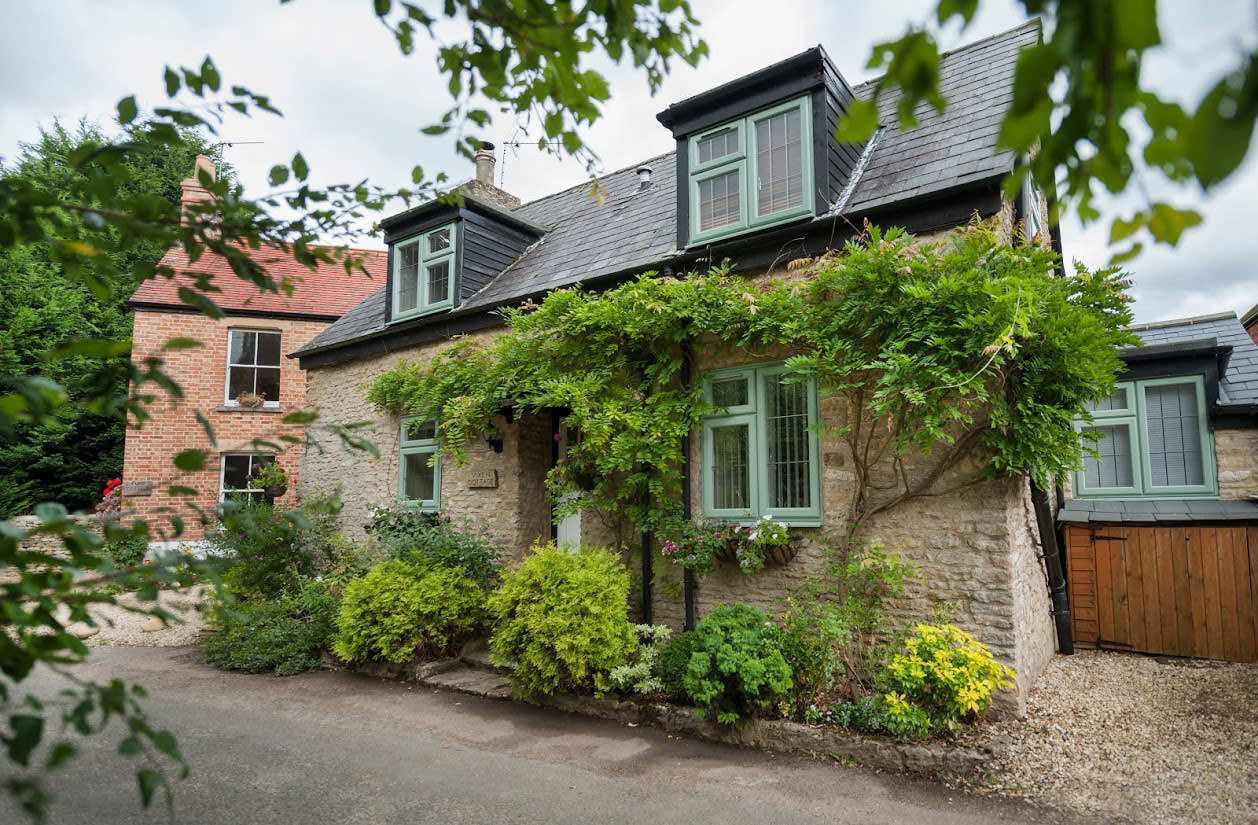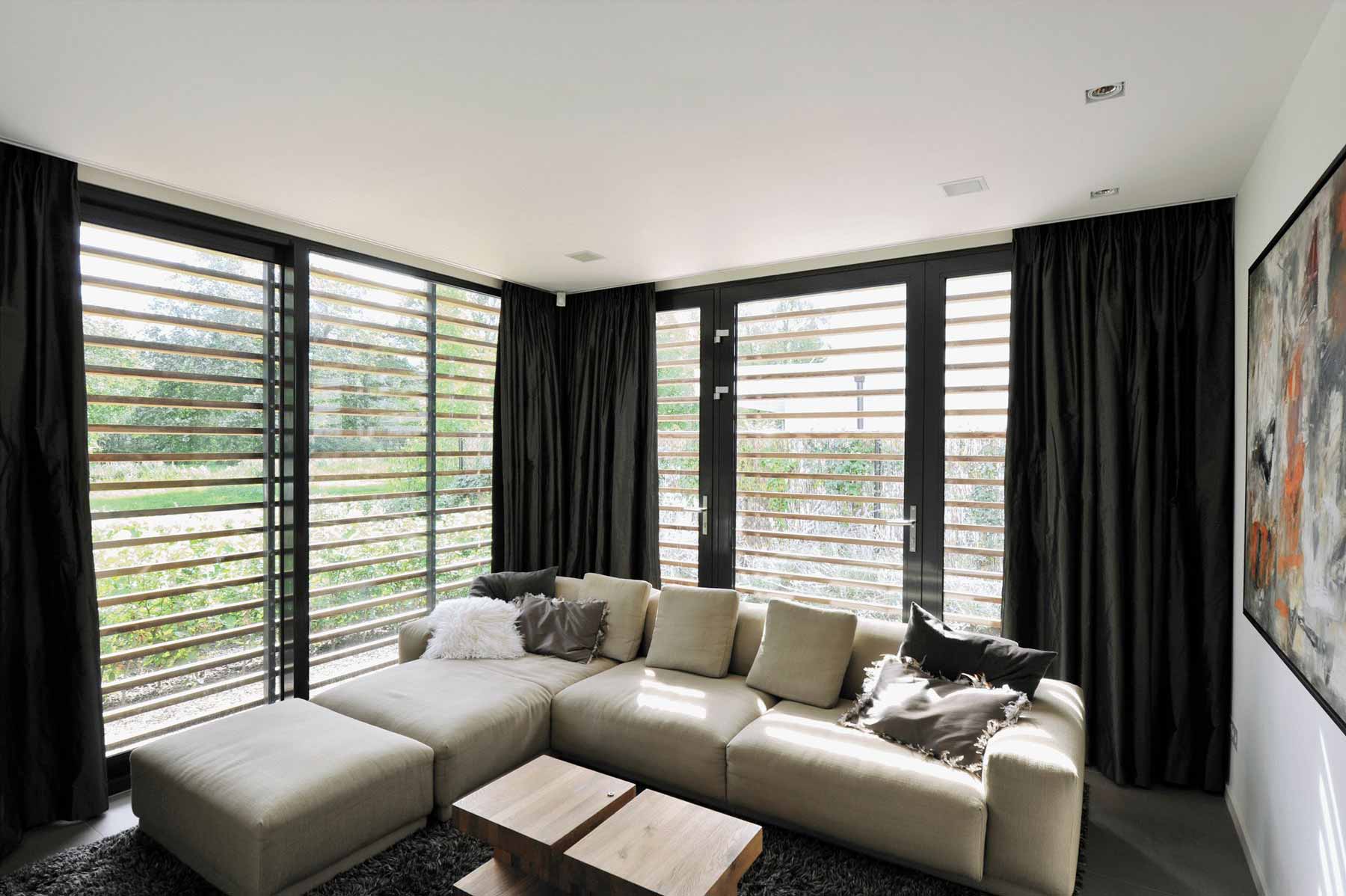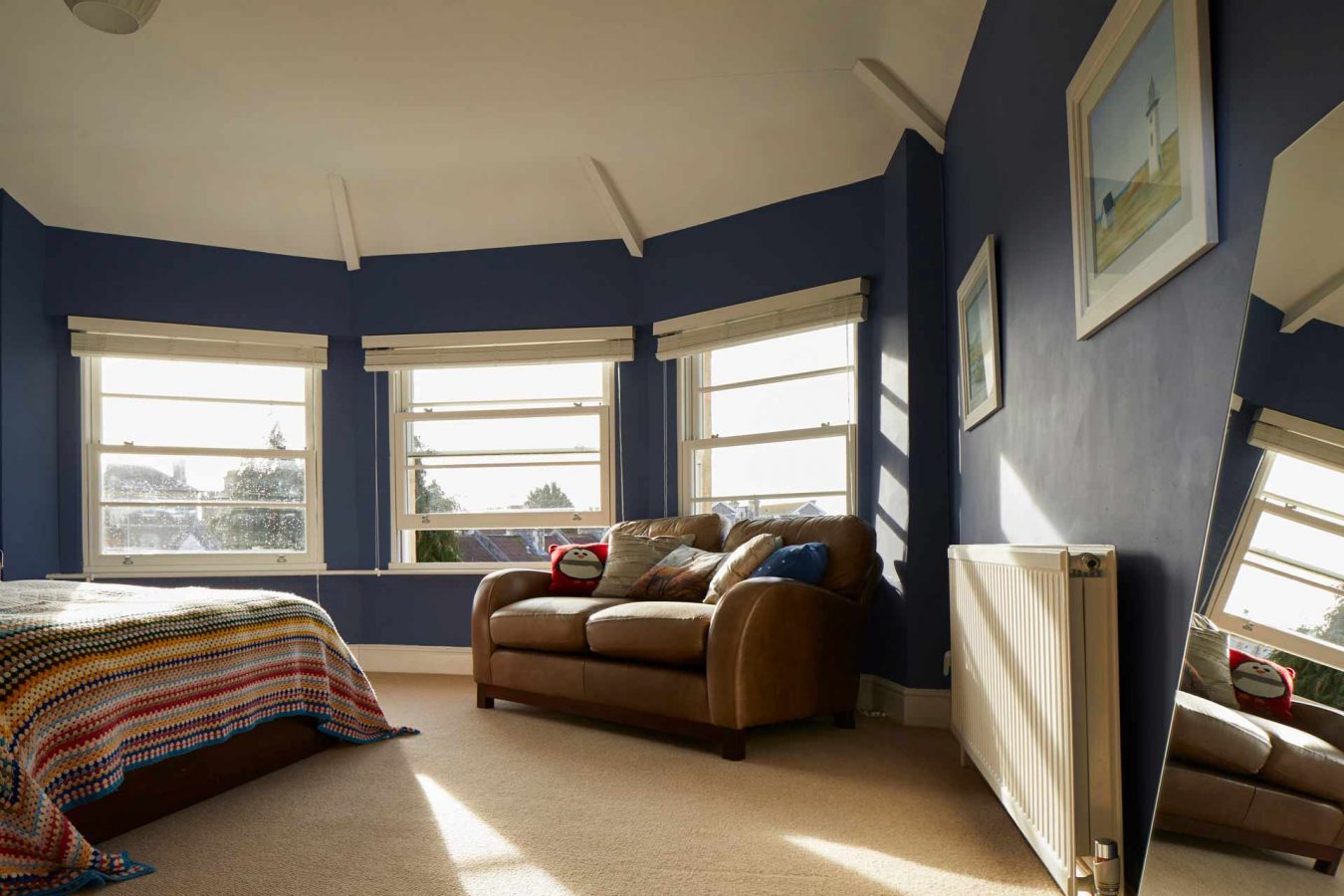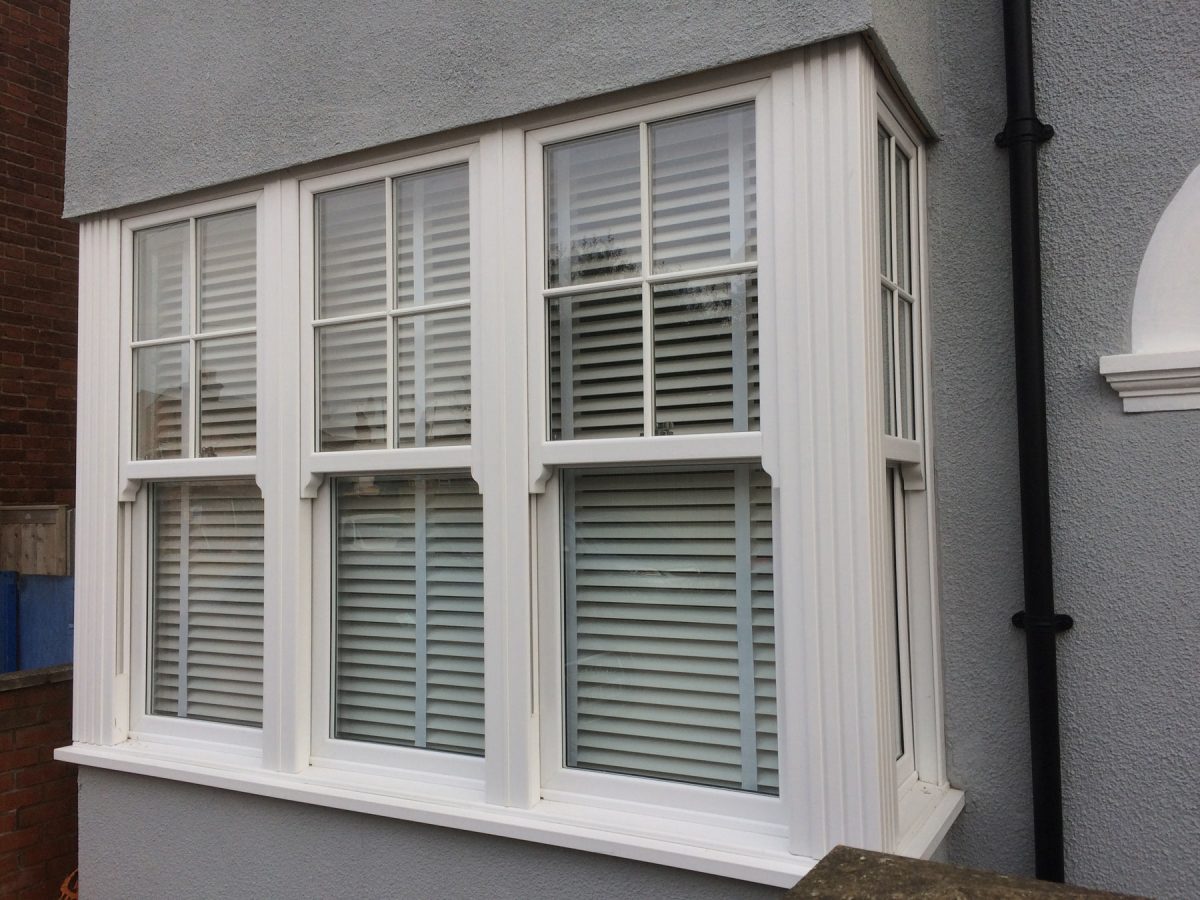Conservatory Roof – which materials are best?
A key aspect to any conservatory is the roof. Whether you’ve opted for the contemporary elegance of a simple lean-to glass conservatory or the classic style of Victorian and Edwardian orangeries and garden rooms, the type of roof you choose can make all the difference. Our guide explains the pros and cons of various options to help you to decide on the conservatory roof that is best suited for your extension.
The ideal material to choose for your conservatory roof really depends on what you’re aiming to achieve. Glass has become the most popular choice over recent years because it allows natural light to flood in whilst also providing excellent sky views. On the other hand, a tiled roof offers insulation – making it a good choice if you intend to use your extension all year round. While a tiled roof won’t let in as much light, it can be fitted with skylights or a roof lantern.
Glass Roofs
Conservatory roofs made of glass are an excellent way to maximise light, views and can make the entire extension feel more spacious. Thanks to considerable advancements in glass technology in recent years, there are now a range of options to consider as specialised kinds of glass are now available:
Thermally efficient glass
As the name suggests, thermally efficient glass is ideal for keeping the heat in due to its great insulating properties. Some types consist of double glazed glass panels filled with a gas such as argon while others have a high tech coating, all of which will reduce the amount of heat escaping through your conservatory roof.
Self-cleaning glass
If you are concerned about the problem of how to clean a glass conservatory roof, then self-cleaning glass is the answer. This glass roof is coated with a substance that reacts with sunlight to break down dirt, so the cleaning occurs naturally and maintenance is greatly reduced. Self-cleaning glass is most effective when used in pitched roofs.
Tinted, anti-glare or reflective glass
If your conservatory will be in full sun for most of the day, you might find that it becomes uncomfortably hot in the summer. Tinted or reflective glass will reduce the sun’s glare, making it more comfortable to use whatever the weather.
Tiled or Solid Roofs
Whether you are planning an extension that can be used all year round or are considering upgrading your existing conservatory to create a room that is comfortable in both hot and cold weather, a tiled roof could be the ideal choice for you. Tiled roofs provide excellent insulation during the winter and reduce the sun’s glare in summer. If you require more light, a roof window or lantern in a tiled roof provides a stylish compromise and adds a luxurious appearance.
Polycarbonate Roofs
Polycarbonate roofs were very popular in the 1980s and 90s and provide a cheaper alternative to a glass or tiled conservatory roof. However, they are less effective in insulating the room from cold and noise, particularly when it rains. The panels are usually made of opaque polycarbonate so let in much less natural light. Upgrading a polycarbonate roof to a tiled or glass one is a simple way to transform a tired old conservatory into a space that you can enjoy comfortably throughout the seasons.
In summary, the varying roof materials each come with their unique benefits and the one that you opt for depends on the appearance you’re looking for as well as the purpose for which you intend to use or currently use your conservatory or orangery.
If you are yet to have an extension added to your home but are considering it, check out our guide below for further ideas and advice, or click here to read commonly asked questions about building a conservatory or orangery.
Book a Remote Quote
In response to Covid-19 and the governments guidelines, Bergson & Eaton now offer remote quotes.
Find Out More
